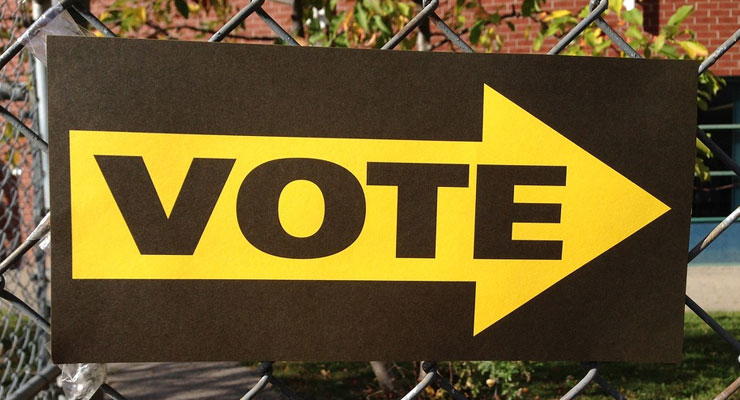 This analysis is published by Joseph Klaver is published by The Washington Post. Here is an excerpt:
This analysis is published by Joseph Klaver is published by The Washington Post. Here is an excerpt:
Former president Donald Trump and several Republican-led state legislatures continue to try to discredit the 2020 presidential election. Although many countries find it challenging to resolve electoral disputes, doing so is much more difficult and uncertain in the United States than elsewhere. That’s for several reasons. Congress has an unusual role and functions under a vague federal law. What’s more, the United States has a complicated web of local, state and national laws and practices that could make fairly adjudicating future disputes even more difficult.
Here’s what you need to know about the rules of the game, here and abroad, for resolving contested elections.
Electoral conflicts are inevitable
Formal disputes over election outcomes are common around the globe. Various academic projects regularly recognize numerous countries’ election systems as better-run than those in the United States — and even these regularly find their election results challenged. For example, Germany handled 275 disputes challenging the results of its 2017 legislative election, encompassing both complaints from one of its 299 electoral districts and complaints about the hundreds of seats distributed using proportional representation. In 2018 and 2019, the Supreme Electoral Tribunal of Costa Rica adjudicated 738 disputes about municipal and national elections. And in 2017, after the French National Assembly elections, voters and candidates filed hundreds of disputes, and the Constitutional Council invalidated the results of eight races. But French election results are often canceled and so were not unexpected. The process is orderly; that’s probably part of the reason the V-Dem Institute regards France’s electoral democracy more highly than that of the United States.
Read the full story here.
Leave a Reply